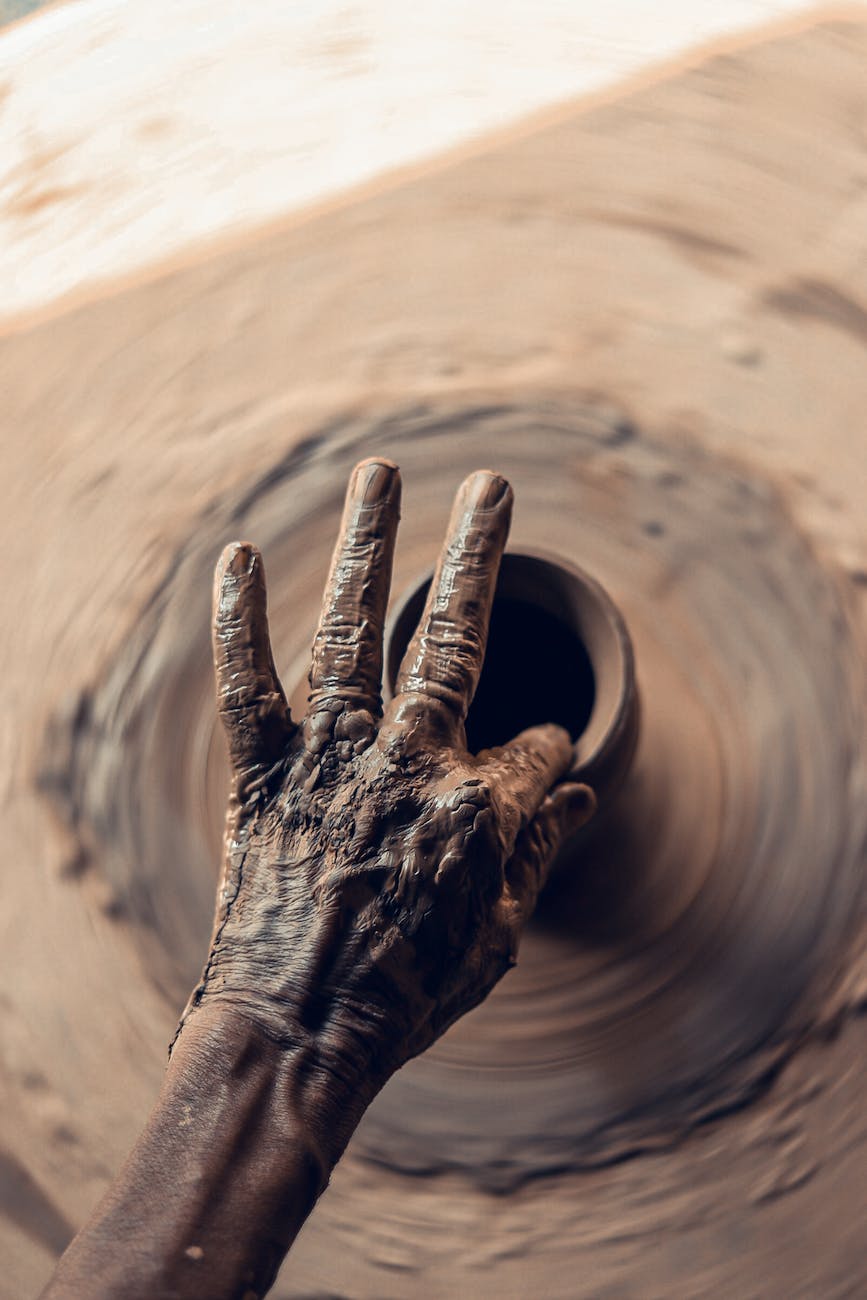Beginning Your Pottery Journey: A Start-Up Guide for Newbies
Getting started transforming clay into handcrafted pottery awakens creative passion for many first-time ceramic artists. While learning any new craft takes patience and practice, some foundational guidance helps beginners discover the joy of shaping vessels, tiles, and sculptures from this versatile earthen medium. Follow these tips to launch your pottery journey strong.
Select Beginner-Friendly Clays and Glazes
Start with simple low-fire clays requiring basic home kilns to mature around Cone 04-06 which reach maximum temperatures of 1,800°F. These entry-level clays like Redart, Paperclay, and Playclays accept a range of vibrant low-fire glazes while firing forgivingly. Avoid temperamental high-fire clays and glazes in the start to reduce frustration.
Invest in Essential Wheel-Throwing Tools
A pottery wheel allows shaping balanced round vessels vital for building throwing skills. Sturdy banding wheels with splash guards start around $300. Completing the tool kit, needle tool sets, wooden ribs, fettling knives, trimmers, and sponges optimize wheel work for under $75 total. Quality tools properly cared for will last years.
Handbuild Alongside Wheel Practice
Beyond throwing, cultivate handbuilding skills like coil, slab, and pinch construction to round out fundamental abilities. Handbuilding expresses unique personal style. Cross-pollinating throwing and handbuilding gives experience with both production methods early on. Attempt basic handles, lids, and decorative elements by hand to expand possibilities.
Seek Out Classes and Community
Guided instruction provides necessary feedback to avoid reinforcing bad habits through trial-and-error alone. Local community centers, art schools, and college continuing education programs offerBeginner pottery classes covering basics from centering to glazing. Advanced workshops build skills further. Connecting with fellow ceramicist provides motivation, troubleshooting, and inspiration.
Start with Simple Vessel Shapes
Challenging elaborate vessels frustrate beginners. Master simple cylindrical mugs, bowls, vases, and pots before attempting more complex forms. Thrown pieces under 6 inches build competence incrementally. Recreate classic archetypal shapes across many small iterations to hone fundamentals. Simple forms teach control of basics like wall thickness, symmetry, trimming, and glazing.
Explore Varied Decorative Techniques
Beyond plain pottery, begin embellishing pieces with colorful glazes, stamps, incising, piercing, and lip details. Impress found objects into wet clay. Paint liquid clay slip trails and try sgraffito carving through surface layers. This exploration stimulates creativity while developing decorative skills and personal style. Even basic ware gains flair through added artistry.
Fire Mindfully and Learn from Flaws
Review kiln operating instructions thoroughly before firing any ware. Load carefully, double-checking shelf placement. Program unglazed bisque and glaze firings correctly with patience. Inevitable firing mishaps and flaws in early pieces provide important lessons. Analyze issues to understand how factors like moisture, glaze thickness, or airflow caused imperfections and improve next attempts.
Install a Kiln Vent Safely
Fatal fumes emitted during firing require proper kiln ventilation to protect health. Many choose external venting kits with hoses ducting exhaust outdoors starting around $250. Rigid ducting with bends should be minimized. Avoid venting into inhabited areas. Get electrical hookups done properly when installing kilns and venting. Safety comes first.
Developing Skills Takes Time and Practice
On the journey toward refined ceramic artistry, self-doubt and frustration are common when progress lags. But perceiving imperfect early works as steppingstones builds resilience, not regrets. Core skills develop gradually through repetition and mindful adjustment. Allow years to master fine work through studio immersion. Enjoy small milestones without pressuring perfection. Consistent practice matures talents incrementally when given time to blossom.
